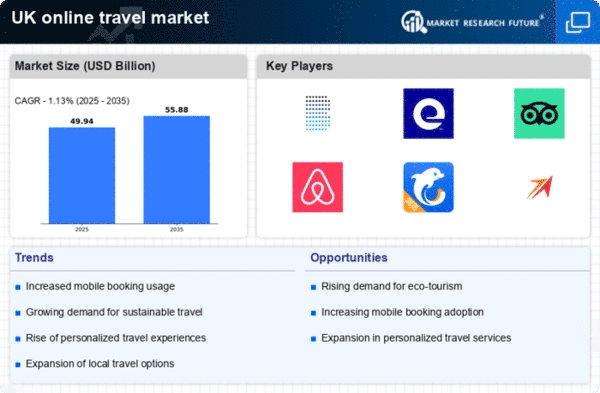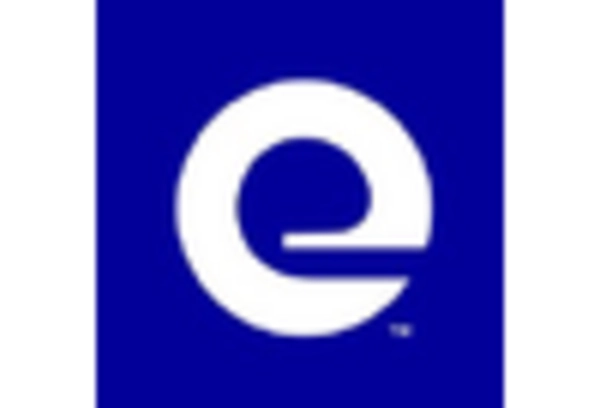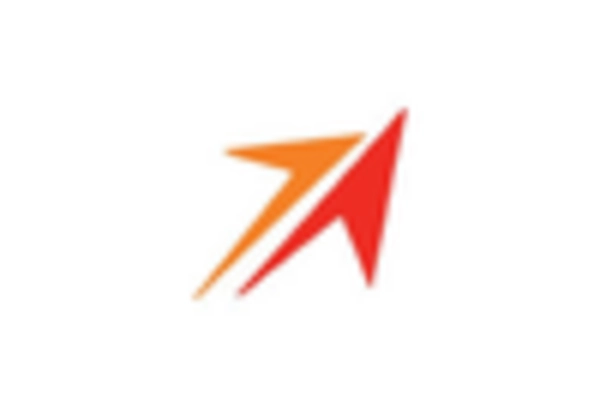Changing Consumer Preferences
Consumer preferences are evolving, significantly impacting the online travel market. UK travelers are increasingly seeking unique and authentic experiences over traditional package holidays. This shift is reflected in the rising demand for niche travel options, such as adventure tourism and cultural experiences, which have seen a growth of approximately 25% in recent years. Furthermore, the trend towards last-minute bookings is becoming more prevalent, with many consumers opting for flexibility in their travel plans. This change in behavior suggests that online travel platforms must adapt their offerings to cater to these preferences, potentially leading to increased competition and innovation within the online travel market.
Rise of Budget Travel Options
The online travel market is witnessing a notable rise in budget travel options, driven by the increasing number of low-cost airlines and affordable accommodation alternatives. In the UK, budget airlines have expanded their routes, making travel more accessible to a broader audience. This trend is complemented by the growth of platforms that aggregate budget travel deals, allowing consumers to compare prices easily. As a result, the market share of budget travel options has increased, with estimates suggesting that they now account for over 40% of all travel bookings. This shift towards cost-effective travel solutions is likely to continue influencing consumer behavior and shaping the online travel market.
Impact of Social Media Marketing
Social media marketing is playing a pivotal role in shaping consumer decisions within the online travel market. Platforms such as Instagram and Facebook are increasingly utilized by travel companies to showcase destinations and experiences, influencing potential travelers' choices. In the UK, approximately 70% of consumers report that social media impacts their travel decisions, highlighting the importance of a strong online presence for travel brands. This trend suggests that companies must invest in social media strategies to engage with their audience effectively. As user-generated content becomes more prevalent, the online travel market is likely to see a shift towards more authentic marketing approaches, which could enhance brand loyalty and consumer trust.
Regulatory Changes and Compliance
Regulatory changes and compliance requirements are increasingly influencing the online travel market. In the UK, new regulations regarding data protection and consumer rights are shaping how travel companies operate online. The implementation of the General Data Protection Regulation (GDPR) has necessitated that businesses prioritize consumer privacy and data security, which could impact operational costs and marketing strategies. Additionally, compliance with environmental regulations is becoming more critical as consumers demand sustainable travel options. These regulatory factors may pose challenges for some companies but also present opportunities for those that can adapt quickly. As the online travel market evolves, staying compliant will be essential for maintaining consumer trust and competitive advantage.
Technological Advancements in Travel Booking
The online travel market is experiencing a surge in technological advancements that enhance user experience and streamline booking processes. Innovations such as artificial intelligence and machine learning are being integrated into travel platforms, allowing for personalized recommendations and efficient customer service. In the UK, the adoption of mobile applications for travel bookings has increased, with over 60% of consumers preferring to use their smartphones for travel arrangements. This shift indicates a growing reliance on technology, which is likely to drive the online travel market further. Additionally, the implementation of secure payment gateways and virtual reality experiences for destination previews are enhancing consumer confidence and engagement, thereby contributing to the overall growth of the online travel market.

















